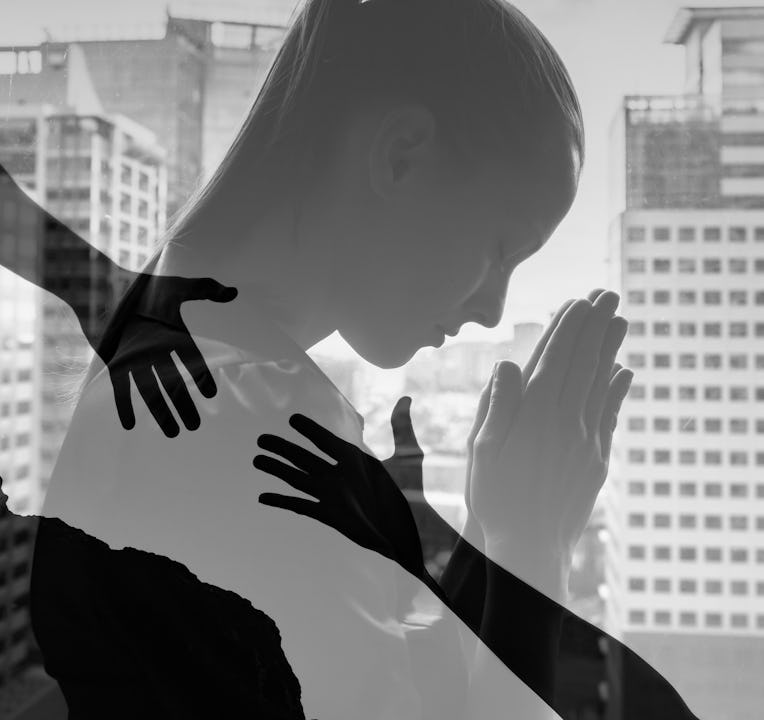Sorry, But I Hate How People Use “Unapologetically”
Just say “proudly”

Lately, I have noticed that everyone is unapologetically something these days: unapologetically bold, unapologetically loud, and most of all unapologetically me/you/themselves. Acapulco is unapologetically flamboyant. Texas Tech basketball is unapologetically competitive. Anime series (or at least 10 of them) are unapologetically anime. Saying sorry is OUT; impenitence is IN. And I must confess, I’m finding it unapologetically corny.
I don’t mind the continued use of “unapologetic” to mean “not apologetic,” plain and simple. That’s just how the word works; if you say, “so-and-so was unapologetic,” I get it, no gripe here. I’ll also extend this grace to “unapologetically” as an adverb immediately preceding a state of being that is widely agreed to be bad, e.g., “unapologetically transphobic” — I think many people would concur that being a transphobe is not good, and thus the use of the word “unapologetically” here draws attention to how strange and frankly rude it is that the allegedly transphobic person is not apologizing for their transgression of being a bigot.
What needles me, though, is the pairing of “unapologetically” with something that does not need to be explained or apologized away. Unapologetically pro-vaccination? It may be hard to believe, but that is actually the dominant and sane position. Unapologetically pink? Okay, pink is one of the most popular colors out there. Unapologetically you? Great — unless you’re the next Henry Kissinger, I don’t think anyone cares if you’re the most you that you can be.
I think what people mean by “unapologetically” is really “proudly” (or at least “loudly”), but with an added sheen of resistance, of disruption, of being a beacon of courage in the face of malignment. That would explain how often “unapologetically” gets applied to descriptors of people who have historically faced oppression, marginalization, or mistreatment, including “unapologetically Black,” “unapologetically Asian,” “unapologetically female,” and so on. Commenting on the concept of “unapologetic blackness,” Brian Josephs wrote for Complex in 2016: “It speaks to just how pathologically anti-black America is and the extent to which embracing blackness is a rebellious act in our society.”
But these assertions have also become commodified and commercialized, stricken by the tendency for any radical idea to be co-opted and defanged into platitude. It makes sense, then, that this language tic has come to be so broadly embraced on social media, in headlines, on book covers, and on merch in the last several years, when the posture of resistance has become mainstream. According to Google Trends, search volume for “unapologetically” really seemed to take off around late 2015 (a particularly big spike in late 2017 can probably be attributed to the release of the country album Unapologetically by one Kelsea Ballerini on November 3, 2017, so feel free to disregard that data point). This has been a period of genuine social change, as well as a mass coming-to-terms with the personal stakes of politics — and as this tide has risen, with it has sailed a thousand defiant op-eds, empowering memoirs, and the clumsy assumption that not only is the political personal, but also everything personal is political.
This application of “unapologetically” is predicated on the notion that even something as innocuous as being oneself is a subversive act, rather than merely a fact of life. You see this a lot with body size and fatness, particularly as a woman. Lizzo, for example, has had much of her career mediated through condescending praise for her “unapologetic confidence,” her “unapologetic self-love,” her way of being “unapologetically herself” — which is mostly a coded way of calling Lizzo so brave for inhabiting her body, because of course it’s nearly inconceivable that any fat, Black woman could ever live happily and normally without hiding away in shame. Lizzo herself has spoken out against “unapologetic,” telling Essence in 2019: “Sometimes the label ‘unapologetic’ bothers me because it can be loaded, because it means we have to apologize for something in the first place.”
That gets at the heart of my entire gripe with “unapologetically”: it is positioned as a provocation, but functions as a qualifier, suggesting that there is something less than ideal about whatever attribute it is decorating. If the point is to vocally celebrate and uplift one’s identity, or size, or femininity, or even just yourself as an entity, isn’t it antithetical to that purpose to assume a position of degradation — the assumption of self-consciousness — from the start?
But more than that, I have a petty grievance with how “unapologetically” has been stripped of its meaning, reduced to a lazy signifier, to barely intelligible jargon (please recall how Pete Buttigieg’s campaign website described him as “unapologetically substantive”), and to — as Josephs wrote about art labeled “unapologetically black” in his Complex piece — a buzz term bordering on cliche.
So let’s stop with the pretense. Let’s end the non-apologies. Reach into your lexicon and snip out this fake-deep use of “unapologetically.” I think you’ll find that you won’t even notice that it’s missing. After all, remove the word from any sentence in contemporary usage, and — nine times out of 10 — the meaning will remain exactly the same.